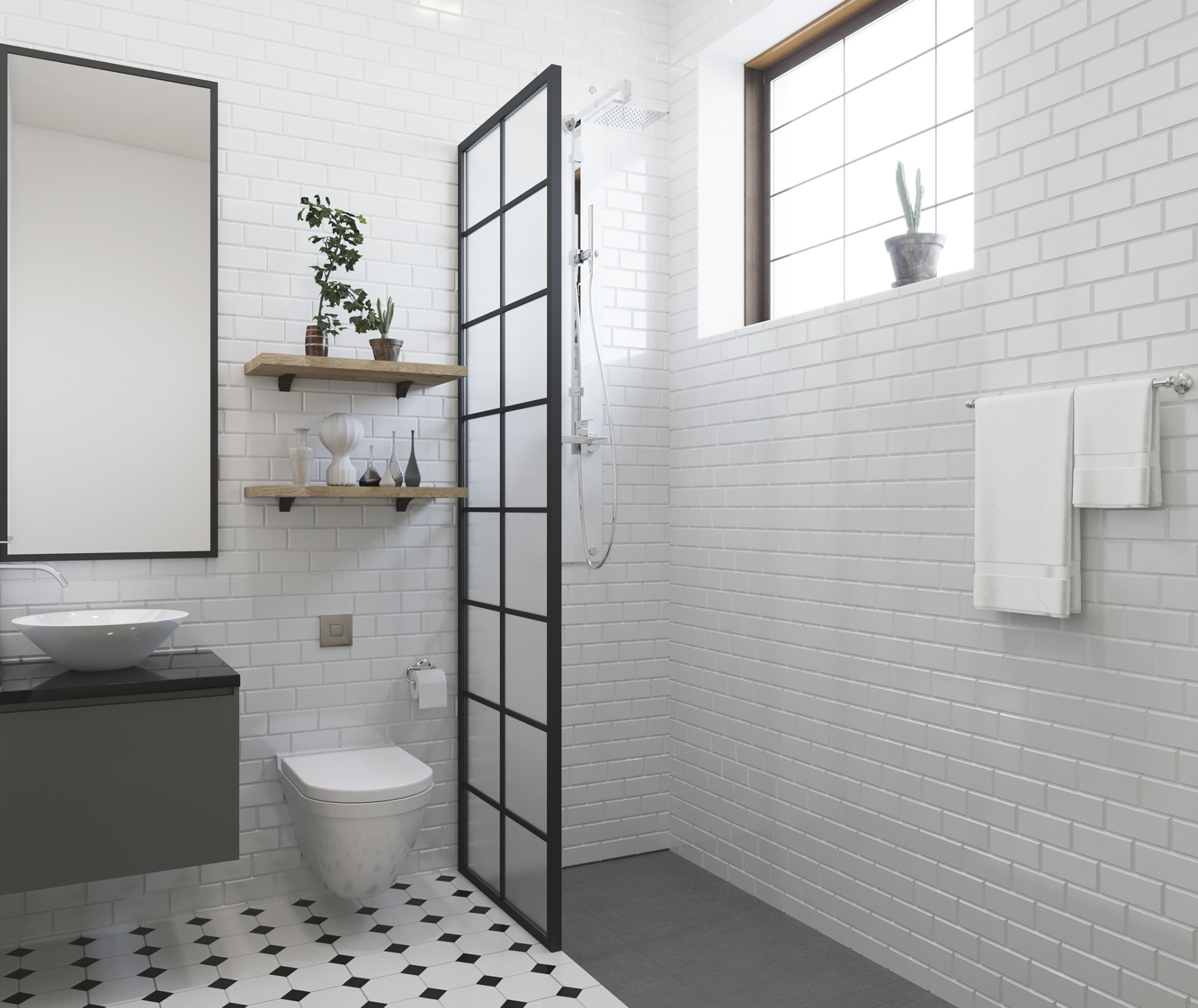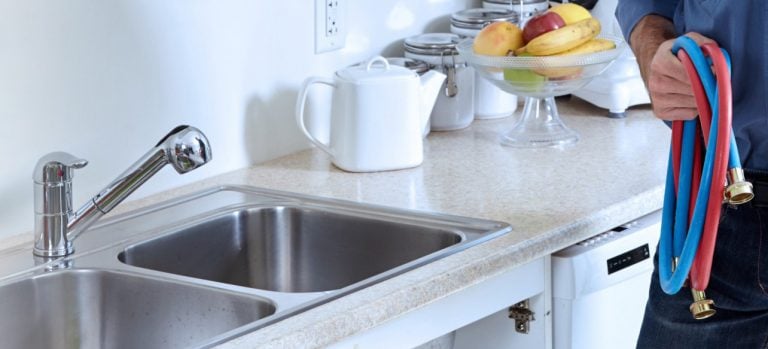7 Essential Tips for the Smart First-Time Home Buyer

Table of Contents
Buying your very first home is an exciting milestone in life. It marks a significant step toward independence and building equity in an investment that can provide both security and a sense of accomplishment. But it’s also a complex process that can feel overwhelming for newcomers to the world of real estate.
Buying a home is much more than a financial transaction; it’s a journey that involves careful planning, research, and decision-making. Whether you’re still saving for a down payment, just starting your house hunt, or you’ve found your dream home, the insights and advice here will prove invaluable. The purchasing process can seem like a confusing web of paperwork, negotiations, and unfamiliar terminology.
But with the guidance and knowledge you’ll gain from these seven essential tips, you’ll be well-equipped to make one of the most important and rewarding decisions of your life – finding and owning your first home.
Know Your Budget
One of the most critical steps in buying your first home is determining how much you can afford. To do this, you need to take a close look at your financial situation. Start by calculating your monthly income and expenses, including any outstanding debts. Factor in your mortgage payment, property taxes, insurance, utilities, and maintenance costs. Once you have a clear picture of your financial situation, you can apply to get pre-approved for a mortgage.
This will give you a better idea of the loan amount you qualify for and the interest rate you can expect. Keep in mind that it’s not necessary to spend the maximum amount you’re approved for; it’s essential to find a monthly payment that you’re comfortable with while still leaving room for other financial goals and unexpected expenses. Remember to allocate some of your savings toward furnishing your new home and any other desired items like a smart fridge or oven hood.
Research Neighborhoods
The location of your new home is just as important as the house itself. Start your search by researching different neighborhoods that agree with your lifestyle and preferences. Consider proximity to work, schools, public transportation, and amenities like parks and shopping centers.
Visiting potential neighborhoods in person is also crucial. Take the time to explore the area during different times of the day and week. Talk to current residents to get a sense of the community and its strengths and weaknesses. Also, pay close attention to factors like safety, noise levels, and the overall vibe of the neighborhood. Don’t let your love for the house distract you from the environment.
Choose an Experienced Realtor
Working with a knowledgeable and experienced real estate agent can be a game-changer for first-time buyers. A good realtor will help you navigate the home-buying process, provide expert advice, and negotiate on your behalf. They can also assist you in finding properties that match your criteria and budget.
When selecting a realtor, don’t hesitate to interview a few candidates to find someone you feel comfortable with and who understands your needs. Ask for references and check online reviews to gauge their reputation. Your realtor can be a valuable resource throughout your homebuying journey.
Get Clear About Preferences
Before you start attending open houses, take some time to define what you’re looking for in a home. Consider things like the type of property (e.g., single-family home, condo, townhouse), the number of bedrooms and bathrooms, and any specific features or amenities you desire.
It’s important to balance your “must-haves” and “nice-to-haves.” Being too rigid in your criteria can limit your options while being too flexible can lead to decision fatigue. Your priorities may evolve as you see more properties, so stay open-minded but focused on your primary needs.
Be Prepared to Negotiate
Negotiating is a core part of the home-buying process. When you find a property you love, your realtor will help you make an offer to the seller. It’s common for the seller to counteroffer, and this negotiation can go back and forth until both parties reach an agreement.
While price is a crucial negotiation point, it’s not the only one. You can also negotiate on other terms like the closing date, repairs, or including certain appliances in the sale. Your realtor will advise you on the best negotiation strategy to get a fair deal.
Conduct a Thorough Inspection
Once your offer is accepted, it’s time to schedule a home inspection. A qualified inspector will thoroughly examine the property, looking for any issues that may not be apparent during a casual viewing. This inspection can uncover potential problems with the home’s structure, electrical, plumbing, and more.
If significant issues are discovered, you may have the opportunity to negotiate with the seller to address them or adjust the sale price. A home inspection gives you peace of mind and helps you make an informed decision about the property you’re purchasing.
Prepare for Closing Costs
In addition to your down payment and monthly mortgage payments, there are closing costs associated with buying a home. These costs can include loan origination fees, appraisal fees, title insurance, and property taxes. You should budget for these expenses, which can add several thousand dollars to the overall cost of your home purchase.
Your realtor and lender can provide you with an estimate of your closing costs, so you’re not caught off guard when it’s time to close the deal. Planning for these expenses in advance will ensure a smooth and stress-free closing process.
Final Thoughts
With these seven essential tips in your toolkit, you’re well-equipped to navigate the world of homeownership as a first-time buyer. Remember that buying your first home is a significant step, but it doesn’t have to be overwhelming. Patience and careful planning will serve you well as you start this journey.
Lean on the expertise of your real estate agent, stay within your budget, and be prepared to adjust your expectations as you explore different options. Seek advice from professionals and those with home-buying experience, and don’t hesitate to ask questions. Your first home is more than just a house; it’s the start of a new chapter in your life. With these tips, you’re on your way to finding a place that suits your needs and aspirations.






